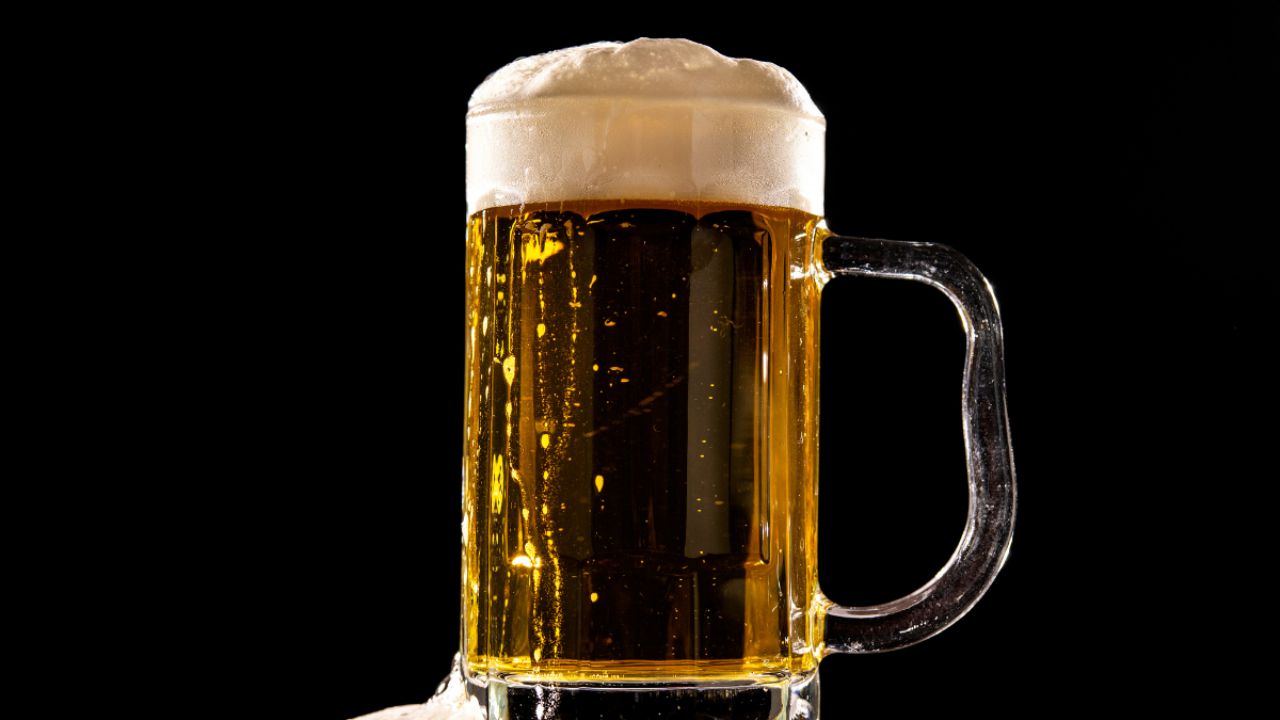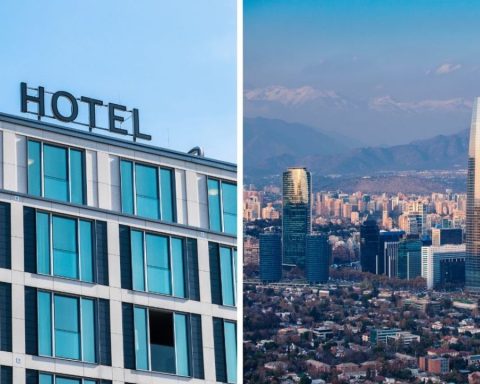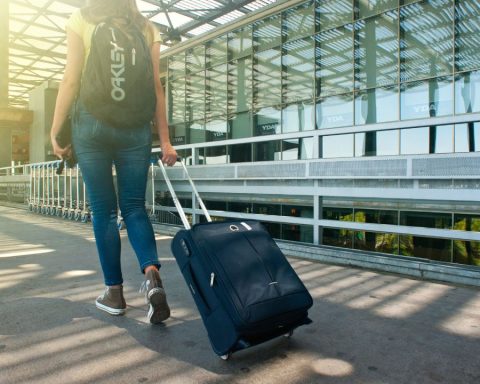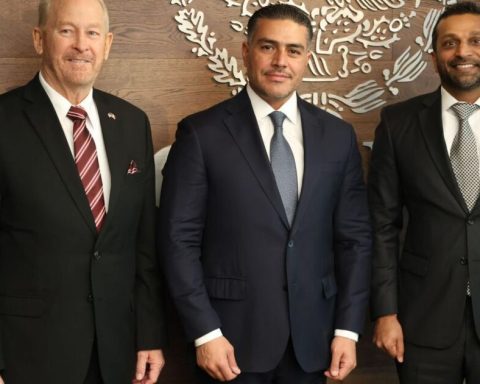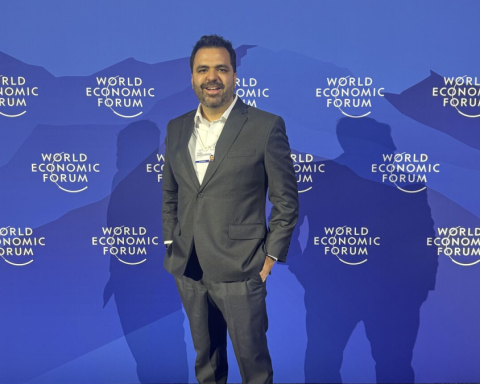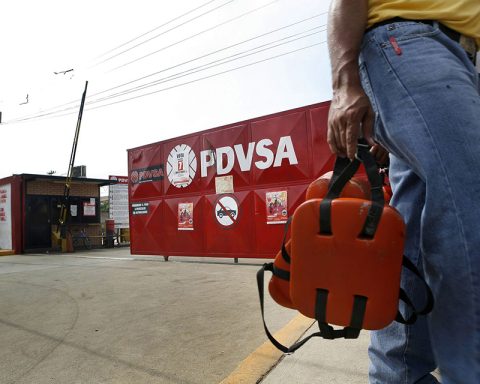In Chile, the Prohibition It is a regulation that has been in force during the electoral processes, with the purpose of restricting the sale and consumption of alcohol to guarantee order and tranquility during voting days. However, in the 2024 Regional and Municipal Elections, which will take place this Saturday, October 26 and Sunday, October 27, the rules have changed.
Until recently, it was common that during elections The sale of alcoholic beverages was prohibited from five in the morning until two hours after the close of voting, as stipulated by law since 1988. This measure sought to avoid riots and promote an appropriate environment for citizen decision-making. However, with Law 21,693, which introduced various modifications to electoral processes, the regulations on the sale of alcohol have changed significantly.
On this occasion, there will be no Prohibition to prohibit the sale of alcohol on voting days. The National Electoral Service of Chile (Servel) confirmed that businesses will be able to operate normally regarding the sale of alcoholic beverages, both on Saturday, October 26 and Sunday, October 27. However, it is important to note that Sunday will be a legal holiday, which will imply some additional restrictions for certain types of commercial establishments.
Servel also clarified that the regulations will only affect shopping centers or complexes under the same business name, which must close their doors on Sunday the 27th, while the rest of the businesses will be able to operate normally, including the sale of alcohol. This decision marks an important change with respect to elections past, in which voters were accustomed to the prohibition of the sale of alcoholic beverages.
Despite the elimination of the Prohibitionthe call from the Government continues to be to maintain a calm and conducive environment for democratic participation, especially given that on this occasion voting is mandatory for all eligible citizens. Those who do not participate could face financial fines, a measure that seeks to encourage greater participation in the election of mayors, governors, councilors and councilors.
